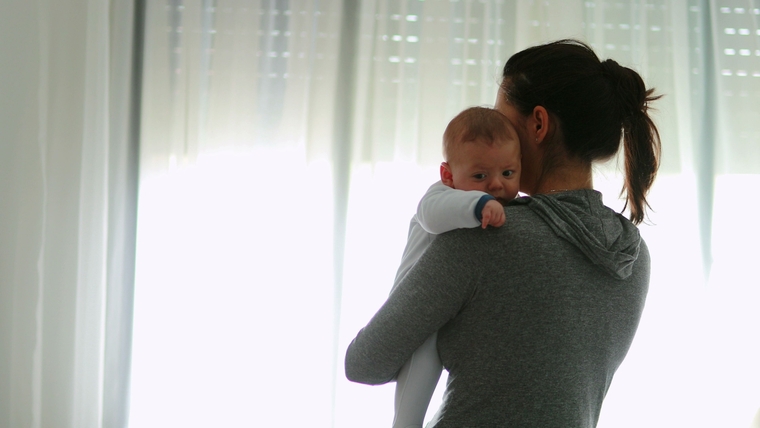Posted By: Amy Tubb
10th October 2024
2 minute read

The 2024 MBRRACE-UK report ‘Saving Lives, Improving Mothers’ Care’ looks at the cases of the 275 of women who died during pregnancy or the year after giving birth in the UK and Ireland between 2020 and 2022. It considers each of these tragedies to uncover learning that could prevent avoidable deaths in future and identify improvements for the wider system of care.
This year’s report shows that the maternal death rate in the UK has increased sharply – rising 53% for the period 2020-22 compared to the previous three-year reporting period. This rate is the highest it has been in almost 20 years.
This rise is in direct contrast to the Government’s ambition to reduce maternal mortality in England by 50% by 2025.
Once again health disparities are a strong theme in the findings:
The data echoes familiar themes that the MMHA hears from many of our members and which are highlighted in our recent project ‘Listening to the stories of women who have experienced child removal due to drug and alcohol use’ about the challenges women can face in accessing mental health support, whilst experiencing the stigma that exists around pregnancy, birth and the postnatal period for women with a history of drug or alcohol use.
"The significance of these MBRRACE reports goes beyond numbers; they are about real mothers and the families who are left behind. Each statistic represents a life lost, a family grieving, and the stark reality that we are not making enough progress. Year after year, these reports echo the same troubling findings and show we are heading in the wrong direction.
"It has become a recurring theme in these reports that suicide is the leading cause of direct maternal death in the year following birth. Yet, we know that with appropriate mental health care, recovery is possible. If we want to see meaningful changes, it's essential that health services are properly resourced to reach and support every new and expectant mother.
"We must learn from these tragic deaths. An action plan based on the report’s recommendations is needed now."
You can find the full report, lay summary and infographics here.